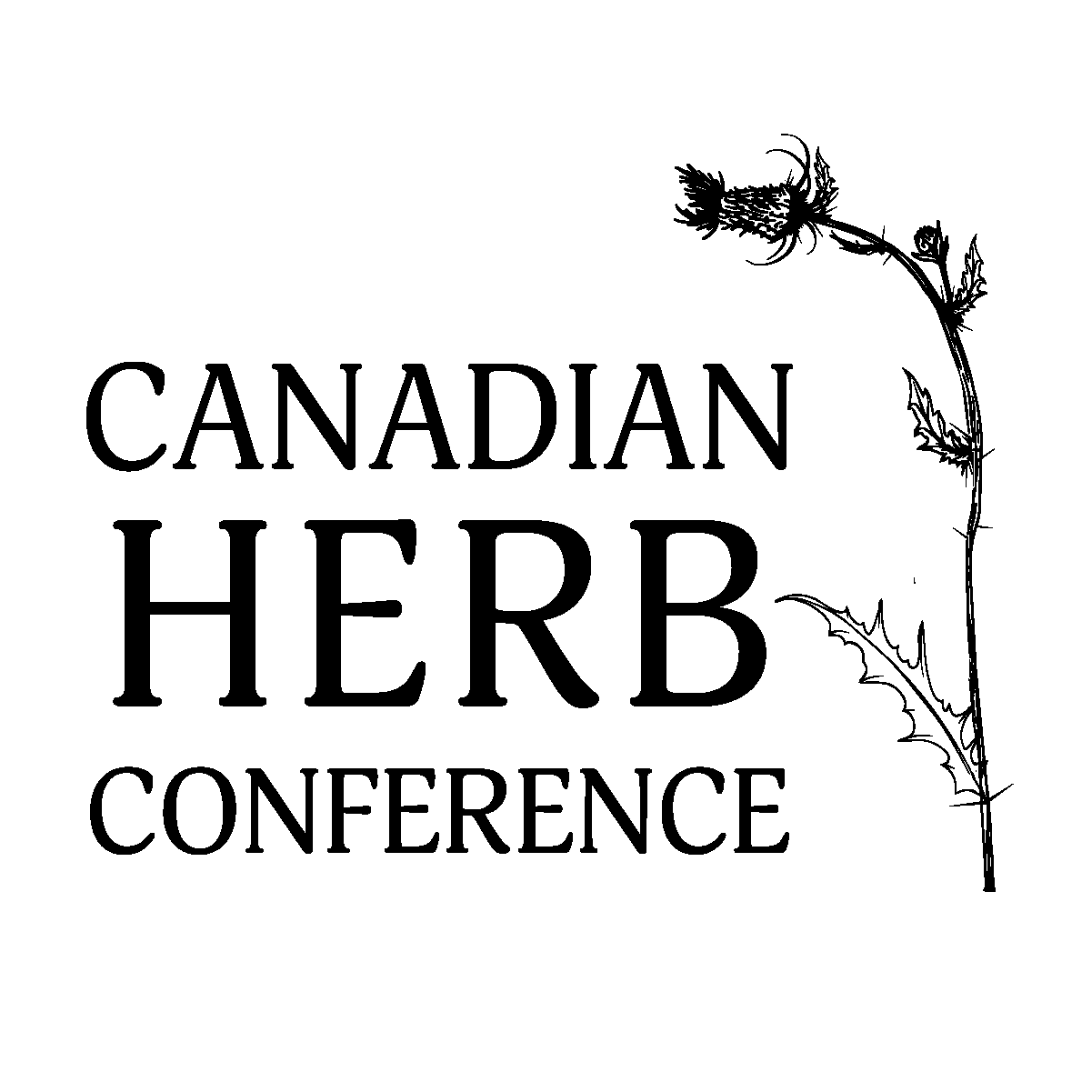Tradition and Change in Historical Research
Over time, the phrase ‘herbal traditions’ has meant many things. This is largely due to the organic nature of traditional practice and its propensity for change. Notably, change can assume many forms – from the inherent evolution of oral history, personal observation and cumulative knowledge to the rise of literacy and the revolution of print – all of which (and more) are deeply woven into the rich and multi-layered practice of herbal medicine.
Yet to properly assess this wealth of information, our traditions and trends must be investigated from a wide perspective. Secondary (subsequent) materials must be cross-referenced with primary (original) and contextual sources in order to gain insight into historical practice and reduce the potential for bias. Here my own doctoral research into a nineteenth century Shaker community provides a case in point.
Historians have portrayed the medicines and medical practices of this religious sect as relics of the past, entrenched in a simple, homespun, pioneer narrative that stresses isolation and promotes mild herbs as the sole stratagem against infirmity. However, my work has found that Shaker physicians relied on a wide range of complex remedies and therapeutic knowledge, influenced by oral tradition, eighteenth century texts and the unregulated medical marketplace of antebellum America. It could be said that this sophisticated blend of the old and new is a microcosm of medical history. Indeed, it may well be that tradition does not lie in the past but is the result of accumulated change.
3 learning objectives:

